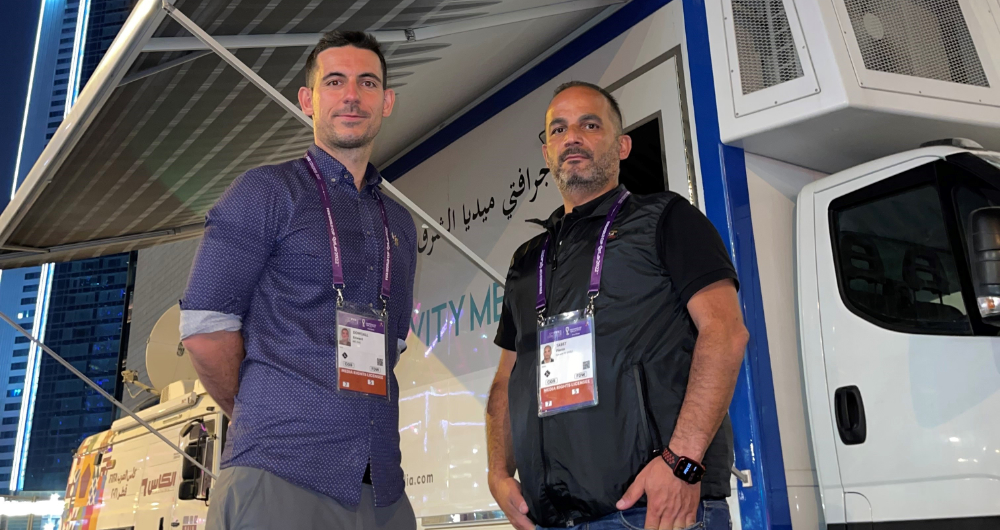MANILA: Philippine President Rodrigo Duterte on Friday vetoed a bill that sought to require social media users to enter their legal identities and phone numbers amid reservations about the scope of state surveillance on digital communication platforms.
Lawmakers approved the bill in February as a measure to tackle cybercrime and online abuse. Called the Subscriber Identity Module Card Registration Act, it also required all owners of cell phone SIM cards to be registered with carriers.
It was widely seen as an attempt to contain misinformation ahead of the May 9 general election, as social media has become a major campaign platform for candidates vying for the presidency, vice-presidency and thousands of seats in Congress and in local governments.
Presidential spokesman Martin M. Andanar said Duterte appreciates lawmakers’ efforts to address cybercrime, but “some aspects of state intrusion, or state regulation, have not been addressed.” duly defined” and can threaten “many constitutionally protected rights”.
“It is the responsibility of the office of the president to ensure that any law complies with the requirements of the Constitution, such as those that guarantee privacy and freedom of expression,” Andanar said in a statement.
When the bill was passed by the lower house and the Senate, one of its authors, Senator Franklin Drilon, said it was a contribution to “fighting the anonymity that provides the environment for trolls and other malicious attacks to thrive in the age of social media. ”
The bill provided for jail time or fines for providing false identity data, but it was not immediately clear from the bill how social media platforms would check whether a name or number used to registering an account was wrong.
“If you apply for Twitter or Facebook, everything will be electronic. So I can theoretically have a national ID card and scan it and they won’t be able to tell if I changed it or not. They are not experts in identifying whether a document that has been scanned has been tampered with or not,” Stephen Cutler, security expert and former FBI legal attache in the Philippines, told Arab News.
“I applaud efforts to identify people, but with social media accounts, I don’t know if that’s going to be practical.”
In addition to practical issues, privacy also came into the spotlight during the passage of the bill.
Grace Mirandilla-Santos, vice president for policy at the Internet Society Philippines Chapter, said SIM registration could threaten to infringe on the privacy rights of legitimate users and have a “chilling effect on freedom of speech”, without any real evidence that it would deter criminal activity.
“The bill will essentially penalize the majority for the perceived or anticipated transgression of the few. This invasion of privacy can occur either when the government oversteps its bounds — a possibility given the bill’s provisions allowing the government to access subscriber information through a court order, of a regulatory or administrative request or subpoena by a competent authority — or when the SIM registry is hacked or hacked,” Mirandilla-Santos told Arab News.
“Registration will only be really useful in situations where criminals choose to use SIM cards registered in their real names – not stolen or fraudulently registered cards under false names.”
Duterte’s decision to veto the bill was welcomed by activists.
“We welcome the veto of the SIM registration bill even as we continue to highlight that state-sponsored attacks on privacy are occurring even with the SIM registration measure” , Renato Reyes, general secretary of BAYAN, an alliance of left-wing organizations in the Philippines, said in a statement.
“The SIM card and social media registration are dangerous measures that invade privacy and create a chilling effect on consumers and social media users. It is a form of state surveillance on population and that does not deter crime.
With Duterte’s veto, the bill is unlikely to pass before the election.






More Stories
🌱 Rail In Roanoke Fifth Anniversary + ‘Love Letters’ Production
Industrial production in South Korea contracts by 1.8% in September
PM Modi lays foundation stone for C-295 transport aircraft production plant